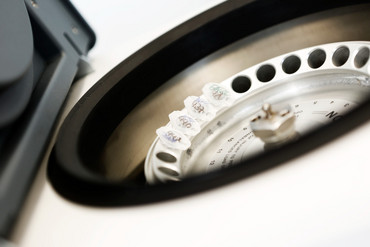Molecular mechanisms of pancreatic cancer
Research goal

Pancreatic ductal adenocarcinoma (PDAC) belongs to the most aggressive solid tumor entities. Due to the failure of early symptoms of the disease and a significant therapeutic resistance pancreatic cancer is characterized by a 5-years survival rate of less than 10%. A detailed understanding of the cellular and molecular key mechanisms of pancreatic cancer initiation and progression constitutes an essential prerequisite for the development of novel diagnostic and therapeutic options and for the improvement of pancreatic cancer prognosis.
The pancreatic cancer research groups of our clinic utilize human and transgenic mouse model-based approaches and perform state-of-the-art biochemical and molecular approaches to identify and characterize transcriptional, chromatin-linked and tumor-stroma associated processes in pancreatic cancer - associated inflammation, transformation, progression and chemoresistance. A central focus of our department is the establishment of a translational platform that allows us to transfer our findings from our experimental research activities to the clinic in order to facilitate the development of novel diagnostic and therapeutic strategies in pancreatic cancer. Our current research activities in this field focus on the development of a molecular tumor subtype specific therapeutic stratification in pancreatic cancer. This topic is also reflected in our Clinical Research Unit CRU 5002.
More information